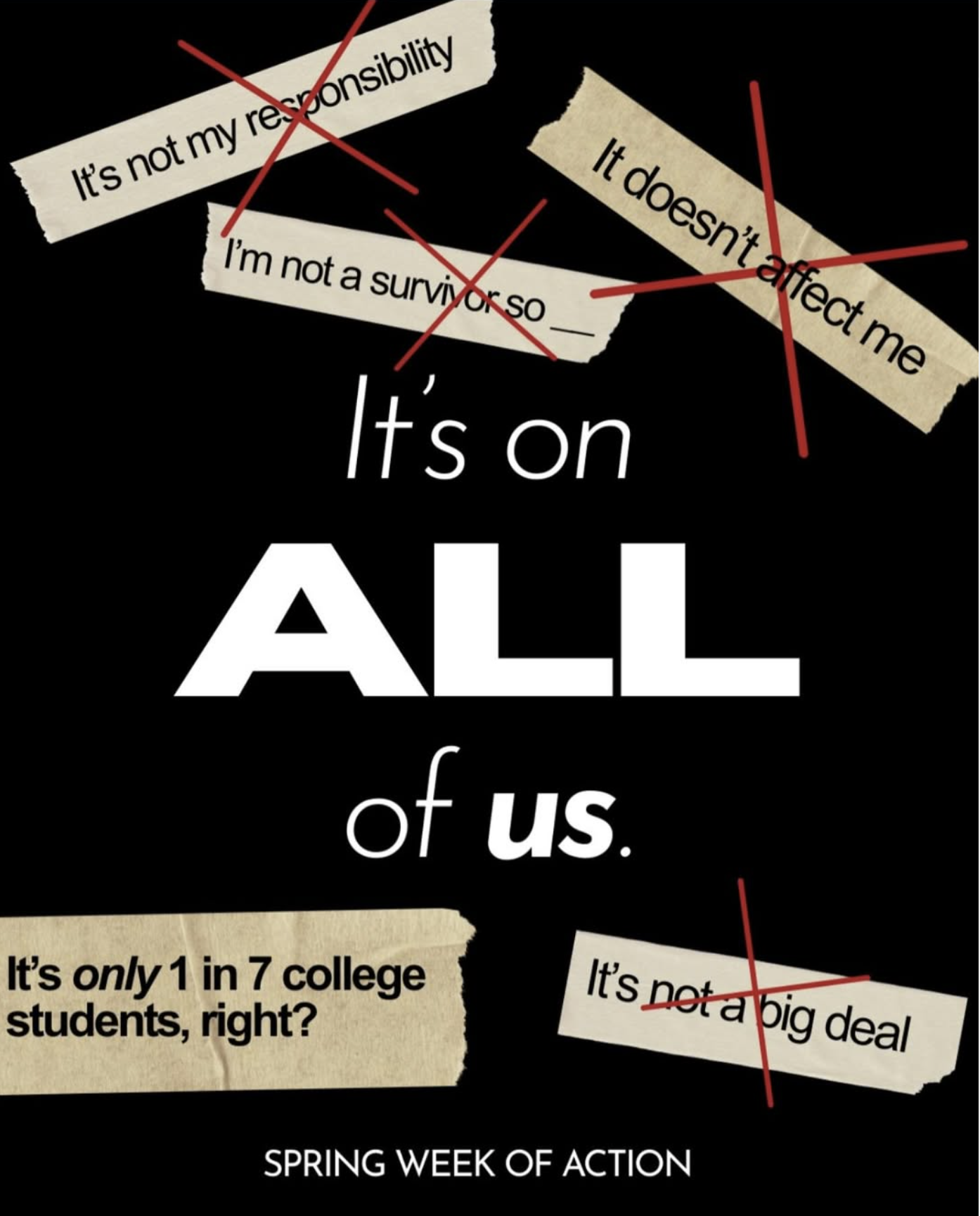Teaching assistant Darcey Lovell recently shined light upon the female detectives of the Victorian Era as she unveiled her doctoral research at the Center for Humanities’ final Brown Bag lecture series of the spring semester.
Lovell’s lecture explored female detectives in Victorian detective fiction during the from the mid-1800s to around 1915, when detective fiction began developing and started to become its own genre, according to Lovell. While some people may be familiar with the generic male detectives and mystery tropes associated with this genre, some may not recognize the women detectives who also helped to shape it.
“Female detectives were often overlooked, or were only really considered often by whether or not they end up getting married at the end of their stories,” Lovell said.
Female detectives demonstrate skills in professional roles typically closed to women at the time, according to Lovell. The female detective character helped to build the genre, create parameters and show that women bring different skill sets to the job that male detectives simply can’t.
Women bring skills of observation, communication, understanding of human interaction and attention to detail, according to Lovell.
“What I think is really important about the female detectives is that they’re being written at a time when there’s so much cultural and social change happening, but they’re pioneering this idea of what women and professional women could be doing at a time when they didn’t have that same figure in real life,” Lovell said.
As a doctoral student in the English department, Lovell’s studies – aside from Victorian literature and detective fiction – focus on British and Irish literature, rhetoric and cultural theory.
Lovell graduated from Central Connecticut State University in 2013 with a bachelor’s degree in English and a minor in music. She went on to earn a master of arts with a concentration in British literature from Southern Connecticut State University in 2015 and a master of philosophy in popular literature from Trinity College Dublin in 2017.
While at Trinity College, Lovell spent a year in Dublin, Ireland, where she traveled and explored various landmarks around the country. As part of her coursework, she was able to get a glimpse into all kinds of popular genres and take a seminar in detective fiction and fantasy. She was also a part of an acapella group called The Trinity Bells.
“I did a good bit of traveling,” Lovell said. “I tried to make a point to see different things around and do day trips into parts of Ireland or parts of Dublin where there are museums and great things to see and do.”
In addition to her research, Lovell has taught several classes at URI, including ENG 121: Literature of Protest and Dissent and ENG 160: Literatures of the World. She aims to connect her research and teaching to historical and cultural moments in the same way she learned it in prior educational experiences.
“This is also what I teach students in my classes: to read carefully, to think analytically, to ask questions, to make connections to their own knowledge and experience and to come up with solutions or ideas,” Lovell said.
As a reader and scholar, she looks at the literature to read for clues and to make connections throughout texts while still bringing her own perspective to the table, according to Lovell.
“I love reading detective stories because I get to be a detective alongside the protagonist, and I love studying and researching literature for the same reason,” Lovell said.
Her full lecture, titled “”Lady Detectives: Considering the Liminal Boundaries of Sex & Sphere in Victorian Detective Fiction,” can be found on the URI Department of English Youtube channel.





